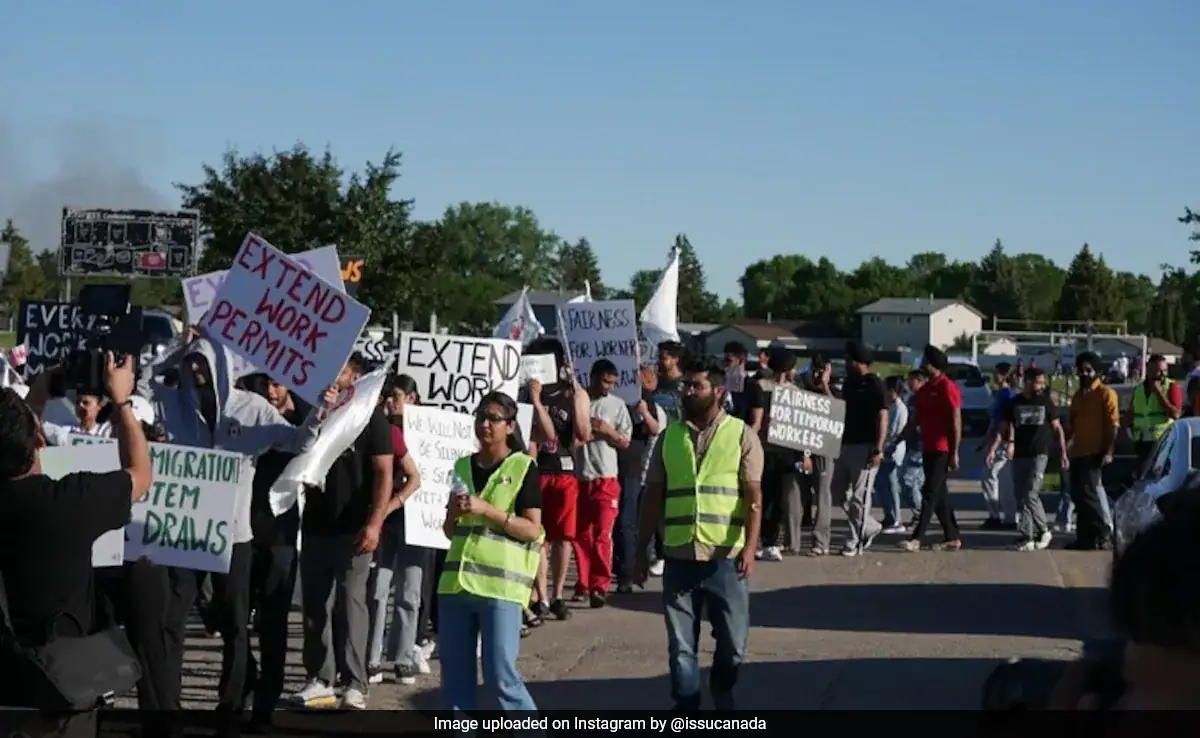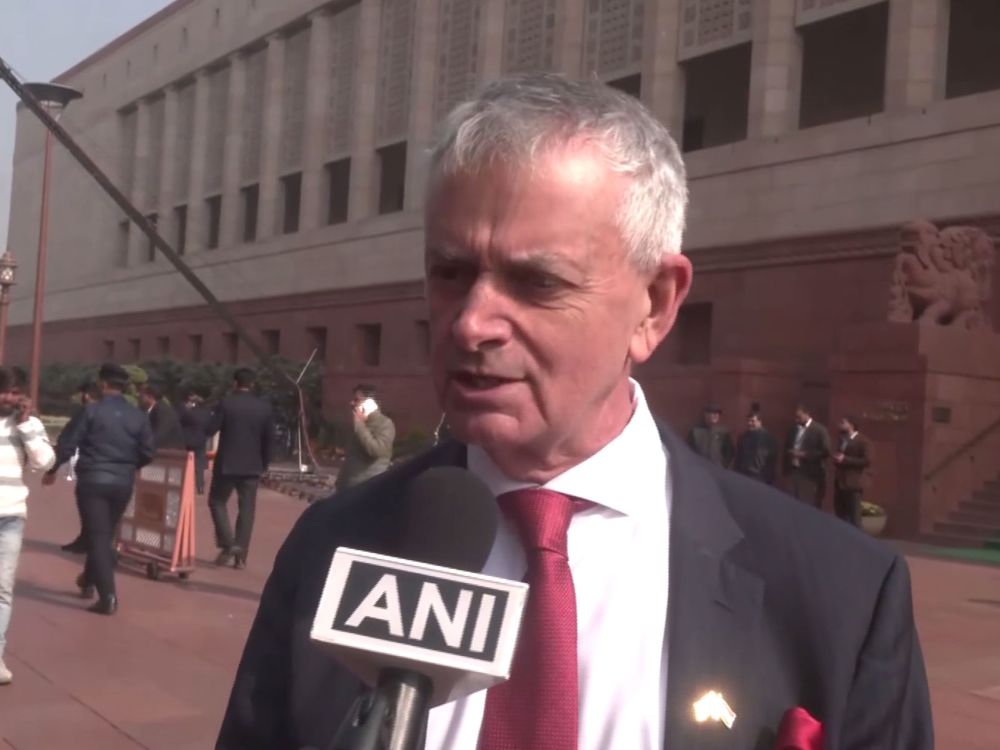Our Bureau
Toronto
Indian students across Canada are currently protesting against significant changes to immigration policies implemented by Prime Minister Justin Trudeau’s government, which they believe threaten their futures and could lead to mass deportations. The unrest stems from a recent announcement that will drastically reduce the number of permanent residency nominations and impose stricter regulations on study permits, affecting over 70,000 international students, particularly from India.
The protests began as students expressed their frustrations over the Canadian government’s abrupt policy changes. Many of these students came to Canada with dreams of building new lives, investing their savings in education with the hope of securing permanent residency after graduation. However, the new policies have left them feeling blindsided and vulnerable.
Protest leader Rupender Singh, who arrived in Canada in 2019, articulated the sentiments of many students, stating, “They called us here; now they want us to leave.” This feeling of betrayal is echoed by countless others who feel exploited by a system that once promised them a pathway to stability and success.
The Trudeau administration’s new immigration policy includes a 25% reduction in permanent residency nominations and new restrictions on study permits. These changes are part of a broader strategy to address rising domestic concerns regarding housing and employment. The government aims to limit the influx of temporary foreign workers, reversing expansions made during the labor shortages post-COVID-19 pandemic.
Additionally, the new regulations will restrict international students to working only 24 hours a week off-campus, a significant reduction from previous allowances, further complicating their financial situations. The Canadian government has also indicated that work permits will be denied in regions with unemployment rates above 6%, although exceptions will be made for sectors like agriculture and healthcare.
The implications of these changes are dire for many students. Those who had planned to apply for permanent residency upon completing their studies now face uncertainty and potential deportation. Many have taken on significant debt to finance their education, and the prospect of returning to their home countries without the opportunity to build a future in Canada is devastating.
Advocacy groups like the Naujawan Support Network have been vocal about the plight of these students, emphasizing that the government’s actions are not just policy changes but direct threats to their livelihoods and dreams. The encampments set up outside legislative assemblies in provinces like Prince Edward Island, Ontario, Manitoba, and British Columbia are a testament to the students’ desperation and determination to be heard.
The Canadian government has defended its policy changes as necessary adjustments to ensure that immigration supports the needs of the Canadian economy. Trudeau has stated that the reliance on low-cost foreign labor is unsustainable and that businesses must invest in training and technology instead. However, critics argue that the government is scapegoating foreign workers for broader economic issues, such as high unemployment and rising housing costs.
Syed Hussain, executive director of the Migrant Workers Alliance for Change, criticized the government’s narrative, stating, “High unemployment, low wages, and unaffordable housing are not being caused by immigrants and migrants.” This perspective highlights the complexities of the situation, suggesting that the root causes of these economic challenges lie elsewhere, particularly in policy failures and exploitation by employers.
The protests by Indian students in Canada reflect a broader struggle for justice and recognition within an immigration system that has shifted dramatically. As these students continue to voice their concerns, the future of many hangs in the balance, underscoring the need for a more compassionate and equitable approach to immigration policy in Canada. The situation remains fluid, with students demanding not just temporary relief but long-term solutions that will allow them to fulfill their aspirations in their adopted country.


























